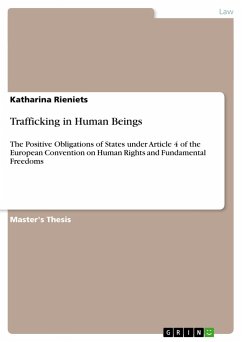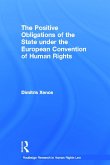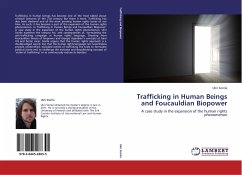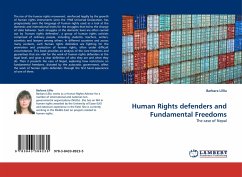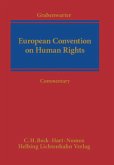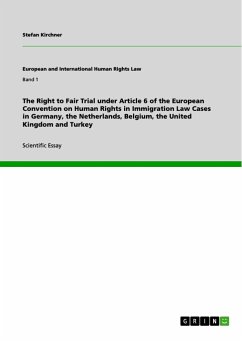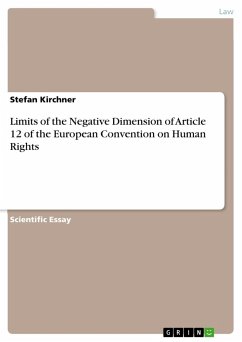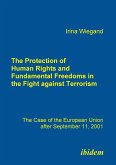Master's Thesis from the year 2011 in the subject Law - European and International Law, Intellectual Properties, grade: 7,5, Tilburg University, course: International Law - Human Rights, language: English, abstract: Trafficking in Human Beings (THB) for sexual and labour exploitation is a severe violation ofHuman Rights. Yet, while efforts both on a European as well as international level, aim to combatand eradicate this heinous crime, reality depicts a worldwide rise in THB. Trafficking in HumanBeings is a truly lucrative business for the perpetrators of organized crime, whilst predominantlytargeting the most vulnerable groups in society. The European and internationaldiscourse on Trafficking in Human Beings has recognized that the previous criminal lawapproach to THB in some countries is ineffective in combating this crime. This is evident in theglobal rise of THB. The criminal law approach, with a narrow focus on the prosecution ofperpetrators, disregarded the plight of the victims of THB and their highly vulnerable position.Thus an increased focus has been given to a comprehensive approach to trafficking in humanbeings, which must implement a human rights based approach, in order to place the victims atthe center of focus, whilst aiming to strengthen their position and protection. The 2010judgment of Rantsev v Cyprus and Russia at the European Court of Human Rights (ECtHR)reflects the discourse on a more comprehensive approach to Trafficking in Human Beings andwas a watershed as regards the positive obligations of state parties, in combating THB.In its landmark judgment in Rantsev, the European Court of Human Rights broadly extended thepositive obligations of states, party to the European Convention on Human Rights andFundamental Freedoms (ECHR) under its Article 4.Article 4 provides safeguards againstslavery, servitude and forced or compulsory labour.Article 4 does not mention Trafficking inHuman Beings but was established to fall within the scope ofArticle 4 ECHR for the first time inRantsev.The 2005 Siliadin judgment considered the plight of an underage Togolese girl toqualify as servitude, forced or compulsory labour, whilst falling short of slavery under Article 4ECHR.In Siliadin, the term Trafficking in Human Beings was not employed but the modern forms of slavery and servitude as identified by both the United Nations (UN) and the Council ofEurope (CoE), recognize the close link of these concepts to Trafficking in Human Beings.[...]
Hinweis: Dieser Artikel kann nur an eine deutsche Lieferadresse ausgeliefert werden.
Hinweis: Dieser Artikel kann nur an eine deutsche Lieferadresse ausgeliefert werden.

